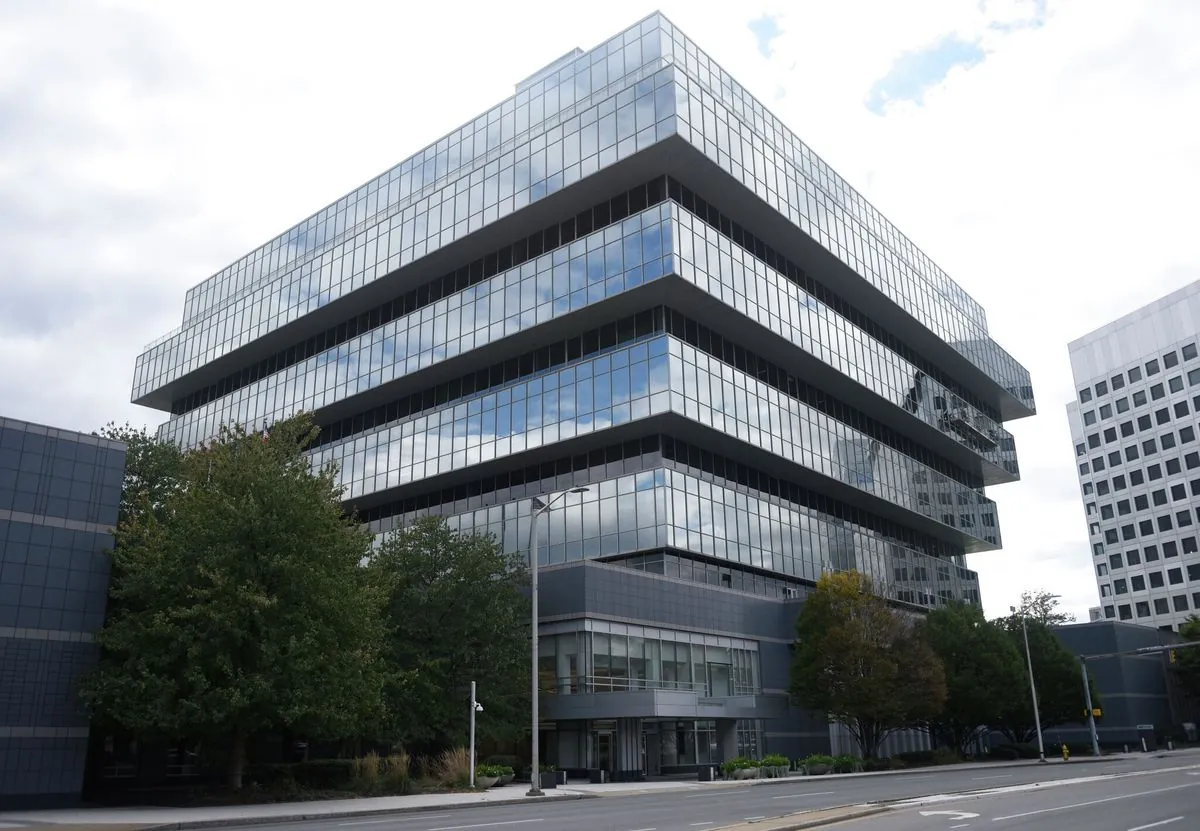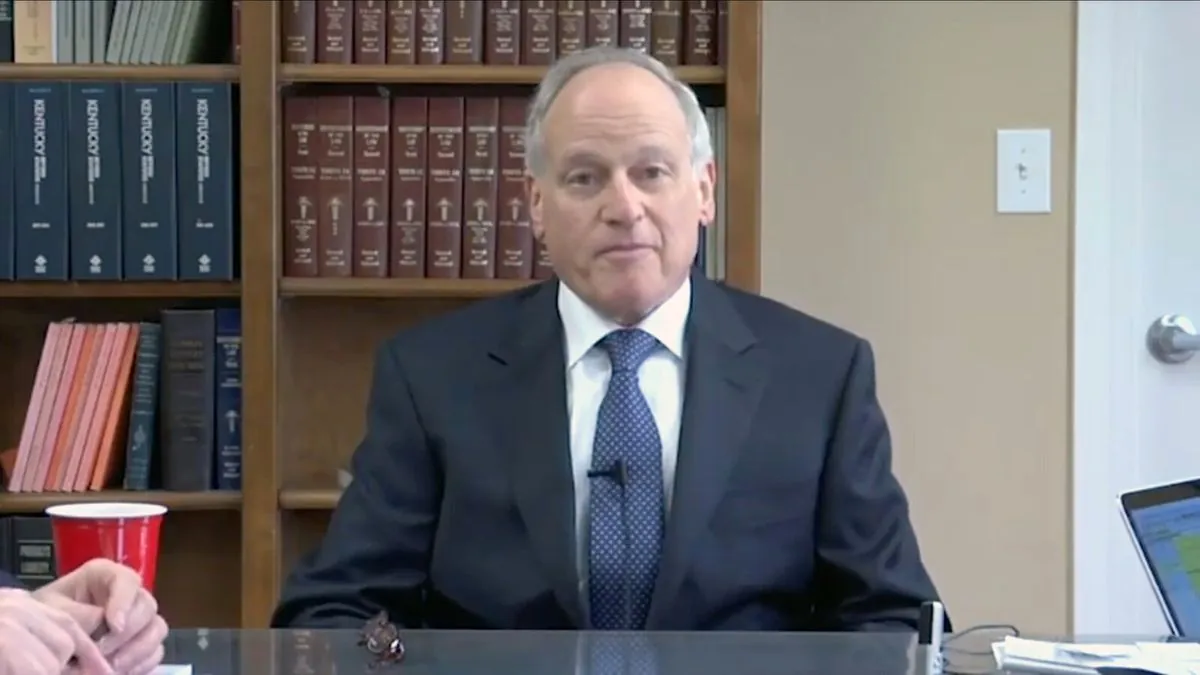Purdue Pharma Secures Brief Extension in Opioid Litigation Negotiations
Purdue Pharma obtains 18-day extension on litigation pause against Sackler family. The move aims to facilitate settlement talks in the ongoing opioid crisis lawsuit, following a recent Supreme Court ruling.

Purdue Pharma has been granted an 18-day extension on the litigation pause against its owners, the Sackler family, by U.S. Bankruptcy Judge Sean Lane. This decision, made on September 5, 2024, aims to provide additional time for settlement negotiations in the ongoing opioid crisis lawsuit.
The extension comes in the wake of a significant U.S. Supreme Court ruling in June 2024, which overturned Purdue Pharma's previous bankruptcy settlement. The court determined that bankruptcy proceedings could not shield the Sacklers, who had not filed for bankruptcy themselves, from litigation related to their role in the opioid epidemic.

This development has forced Purdue Pharma to reconsider its approach after nearly five years in bankruptcy. The company's attorney, Marshall Huebner, expressed the intention to "preserve as much of our prior plan as possible." The extension received support from most state attorneys general and coalitions of local governments with claims against Purdue and the Sacklers.
However, some entities, including the state of Maryland and Nassau County, New York, opposed the extension, viewing it as a potential "slippery slope." They argued that Purdue has consistently used "short-term" extensions to prevent litigation against the Sacklers since the company's bankruptcy filing in 2019.
Purdue Pharma's bankruptcy stems from thousands of lawsuits alleging that its painkiller OxyContin contributed significantly to the opioid epidemic. The crisis has resulted in over half a million U.S. overdose deaths in the past two decades. The company, founded in 1892, has faced more than 2,000 lawsuits related to OxyContin since its FDA approval in 1995.
The Sackler family, whose net worth was estimated at $13 billion in 2016, has denied wrongdoing but expressed regret that OxyContin "unexpectedly became part of an opioid crisis." Purdue Pharma has twice pleaded guilty to charges related to OxyContin's marketing, in 2007 and 2020, paying $600 million in fines in 2007.
"You never promise to settle something until it is settled."
The opioid crisis has had a profound impact on the U.S. economy, with estimated costs reaching $1 trillion from 2001 to 2017. Purdue Pharma's annual revenue peaked at $3.1 billion in 2010, with OxyContin sales generating over $35 billion since its introduction. The company employed around 5,000 people at its peak and introduced a reformulated version of OxyContin in 2010 to deter abuse.
As negotiations continue, the outcome of this case could have far-reaching implications for future mass litigation resolutions in bankruptcy proceedings.


































